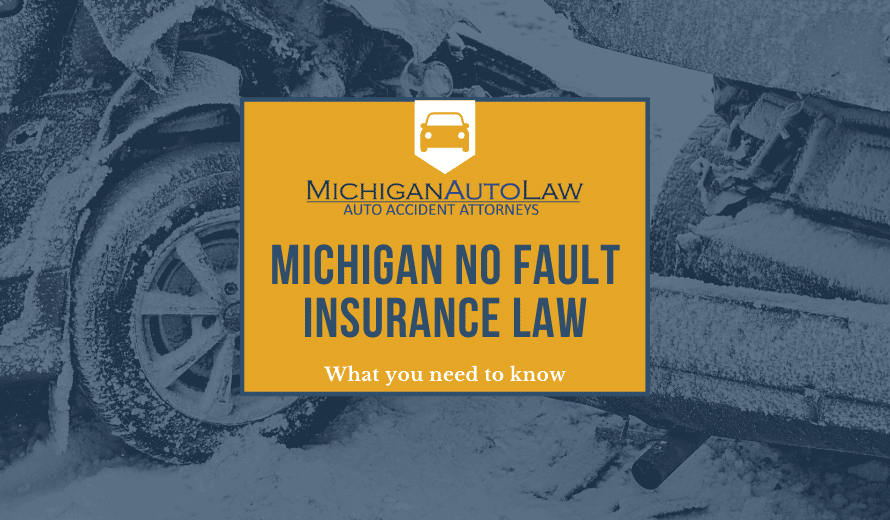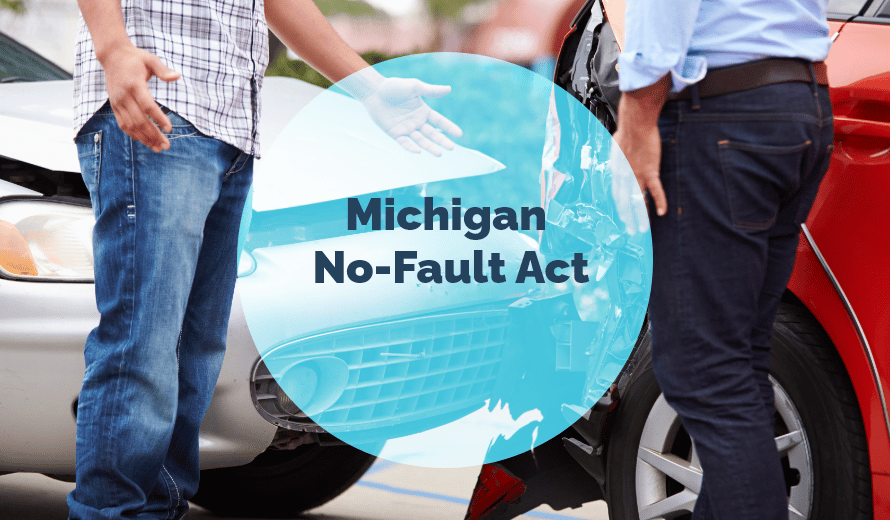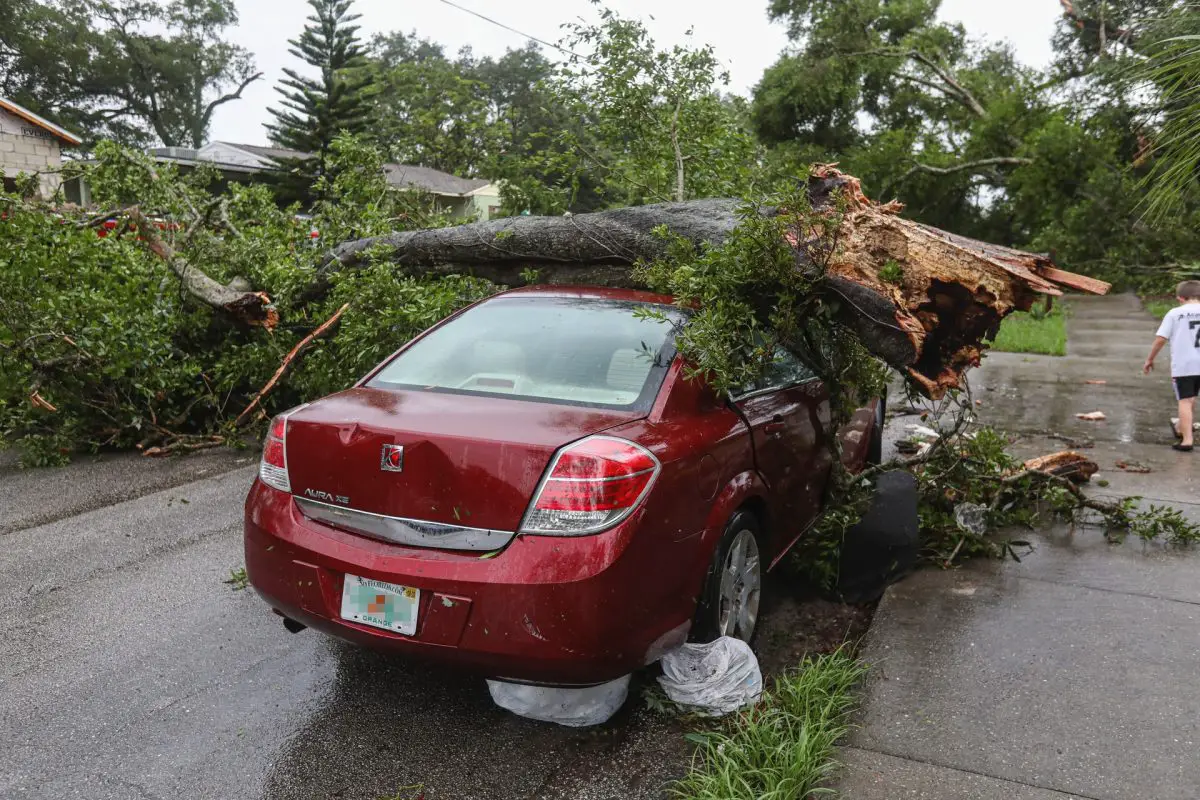The question of car insurance is often a state manner, We’ll look at all the terminology and what-ifs about no-fault insurance laws in Michigan.
The question of car insurance is often a state manner, so everywhere you go, the requirements and limits are different. 90% of the time in the US, the driver who caused the accident is the one whose insurance is responsible for covering the damages. These are commonly known as at-fault laws, and nearly every state has them. Of course, there are those that don’t. The Great Lake State of Michigan is one such example of where there are no-fault car insurance laws. While car insurance is used in the same fashion as other states, how and when it is used is where things get different. We’ll look at all the terminology and what-ifs about no-fault insurance laws in Michigan.
In this context, fault refers to the driver that caused the damage or accident. Since they are at fault, their insurance would cover the damage caused to another person’s property and medical treatment for injuries. The type of car insurance that covers this is basic liability coverage, and it’s required in 95% of the United States. Michigan is one such state where car insurance is required, but when it is used differs. For a brief history, Michigan has been a no-fault car insurance state for nearly 50 years. No-fault car insurance is really just liability car insurance, but the fault does not matter, as the name suggests. When drivers are involved in an accident in Michigan, their respective insurance will cover their own damages and injuries. Of course, all the regular car insurance add-ons are available but not required like in other states.
The regular liability car insurance system, or tort liability as it is called, was used in Michigan as it was in nearly every other state prior to 1973. During this time, several injured drivers claimed that they weren’t receiving proper compensation. Some cases involved the at-fault driver’s insurance provider shortchanging the damage as well. Needless to say, being a tort liability state was doing more harm than good for drivers in Michigan. They passed the no-fault insurance law then and made some changes to it in 2019, which we’ll look at later. No-fault insurance offers all the same protection as a tort state would, and Michigan drivers have been receiving great auto coverage ever since.
No-fault car insurance laws in Michigan remained how they were previously described from 1973 to 2019. That year, new laws and legislation passed that changed the way Michigan drivers buy auto insurance for the better. One of the biggest changes in 2019 was the optional inclusion of personal injury protection (PIP) coverage in no-fault Michigan car insurance. PIP was always required for regular no-fault Michigan car insurance, but now it’s an option that drivers can elect to drop if they want. PIP coverage insures the driver for all their medical and injury treatments regardless of fault, so it fits right in if it is chosen. This is the most major change made to no-fault car insurance in Michigan, but there were some others over the next two years during the COVID pandemic:
Medicare as PIP – This change was made in 2021 –drivers in Michigan can opt-out of PIP coverage and use their medicare to cover injuries sustained in a car accident just as it would. Hospitals and treatment centers will be able to charge everything for medical care depending on coverage limits. Medicare is known for covering large portions of treatment costs.
























